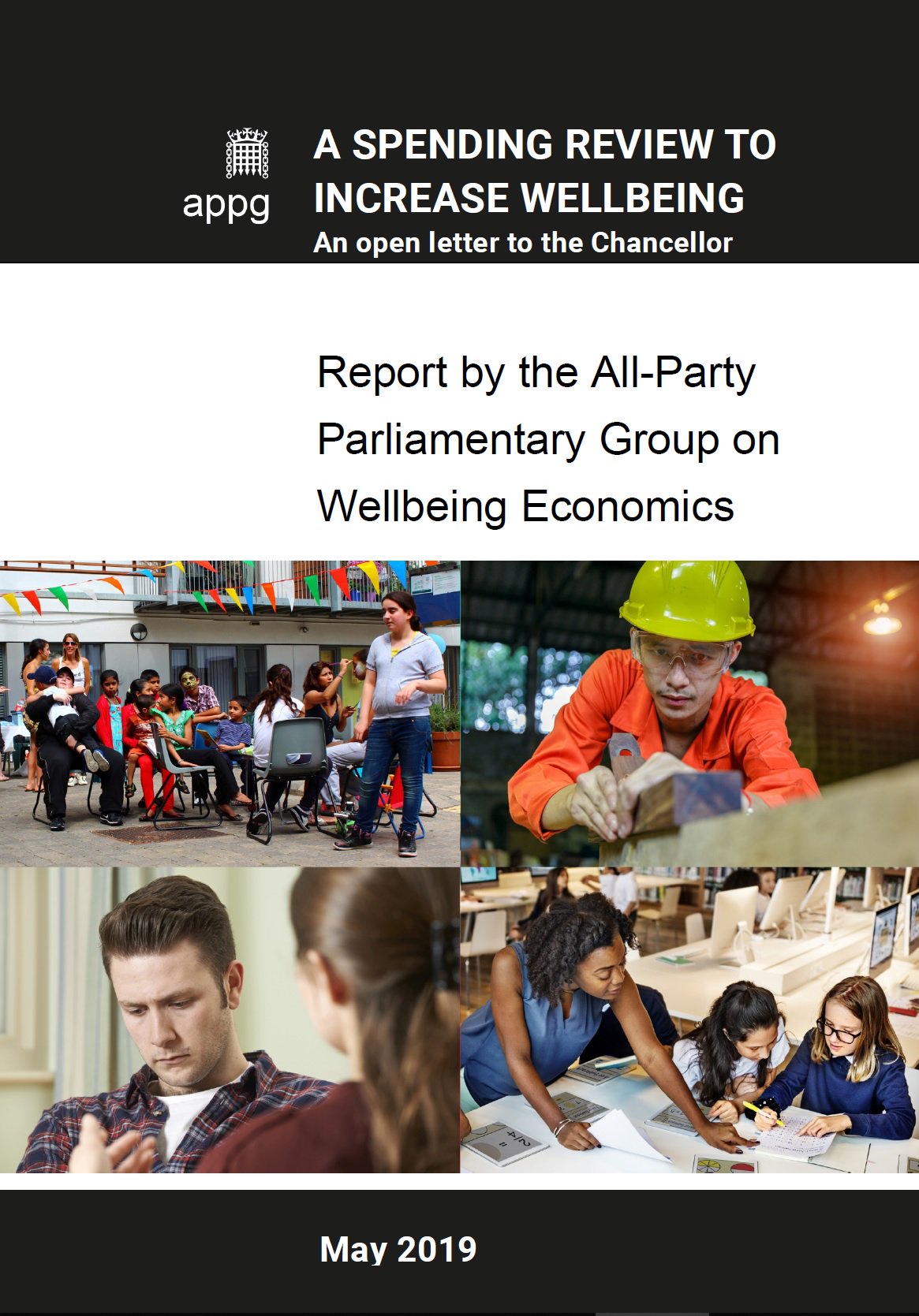Hacking the Code of Life: How gene editing will rewrite our futures
The foundations of gene editing came about because a scientist in Alacant, Dr. Mojica started to find weird DNA sequences in some bacteria he was studying. After that Profs. Doudna and Charpentier and later Prof. Zhang translated initial findings into practice. Therefore it all started when a microbiologist studied the arms race between bacteria and viruses.
You'll find all these details in a
book by Nessa Carey. If you want to understand in plain words what CRISPR is and what may represent for biology, then you have to read it.
The gene editing revolution is creating a technological toolkit that almost any half-decent scientist can lean into and find something useful. On the one hand, that should make us very excited. We can both solve problems and simply indulge our curiosity. But should it also make us worried? Using chisels and a mallet, Michelangelo created some of the most exquisite sculptures we have ever seen. But give the same heavy, sharp tools to someone else, and we can get a very different and much bloodier outcome.
But the same technology can also be used to alleviate human suffering, and if we are smart enough, lessen the impact that our heavy-footed species has on the only planet we know of in the entire universe that supports complex life. We cannot un-invent this technology, we probably can’t even control its spread. So what choice do we really have but to embrace it and use it well, to create a safer, more equal world for all?


